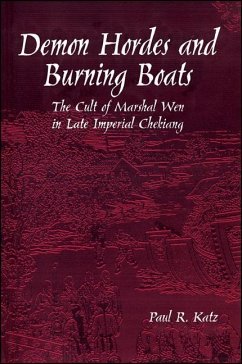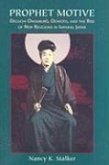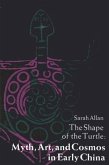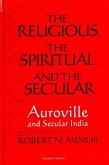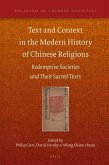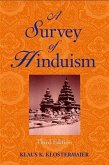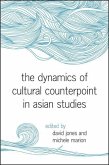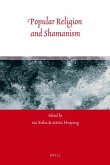One of the few full-length regional studies of popular religion in late imperial China, this book presents the history of the cult of Marshal Wen, a plague-fighting deity whose cult flourished through Chekiang and its neighboring provinces. The author provides a lively account of the rise of Wen's cult during the tumultuous years of the Southern Sung dynasty, as well as its spread during subsequent dynasties. In exploring the roles played by scholar-officials, merchants, and Taoist priests in the growth of Wen's cult, the author pays special attention to the various representations of this deity held by different social groups, and shows that these were constantly interacting in a process he calls "reverberation." His analysis of plague expulsion festivals featuring Marshal Wen reveals that they functioned as rites of affliction designed to both achieve communal purification and resolve social crises. This book draws on a wide variety of sources, including Taoist scriptures and liturgical texts, stele inscriptions, literati writings (including poetry), manuscripts from local archives, as well as popular novels and folktales. The author also supplements his historical research with data gathered during fieldwork in Chekiang and Taiwan

